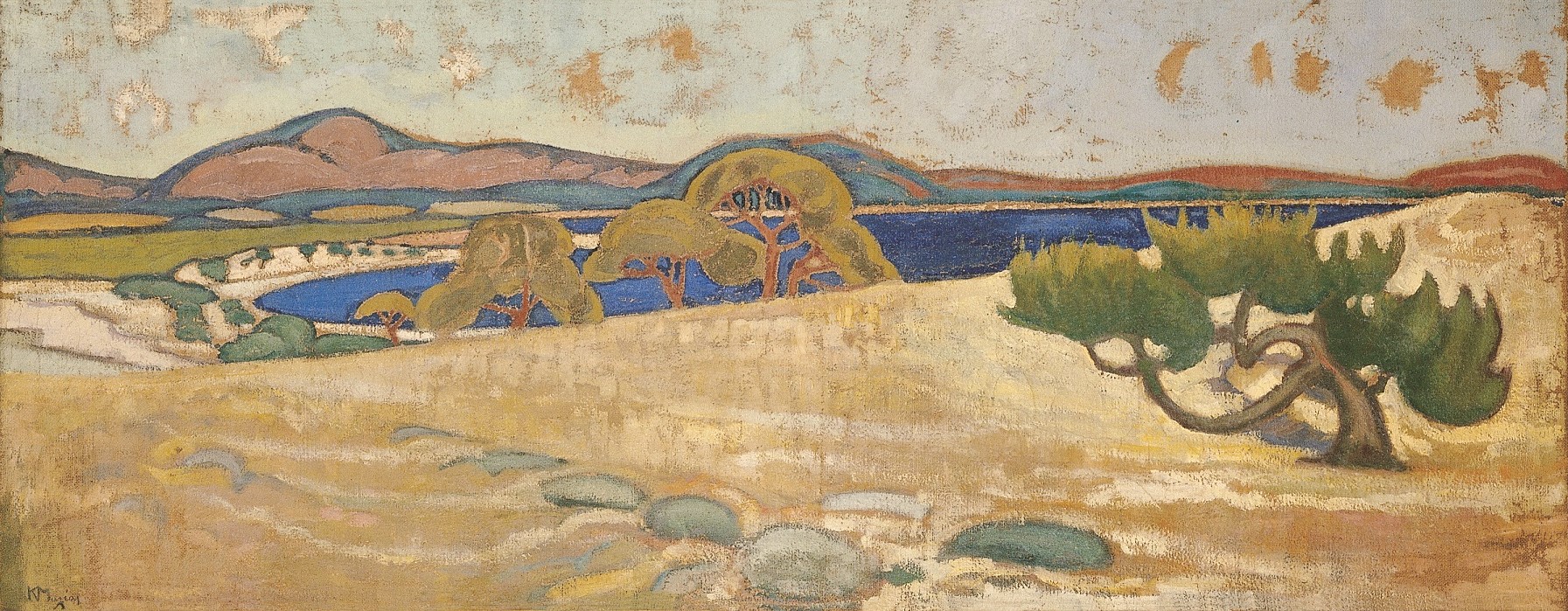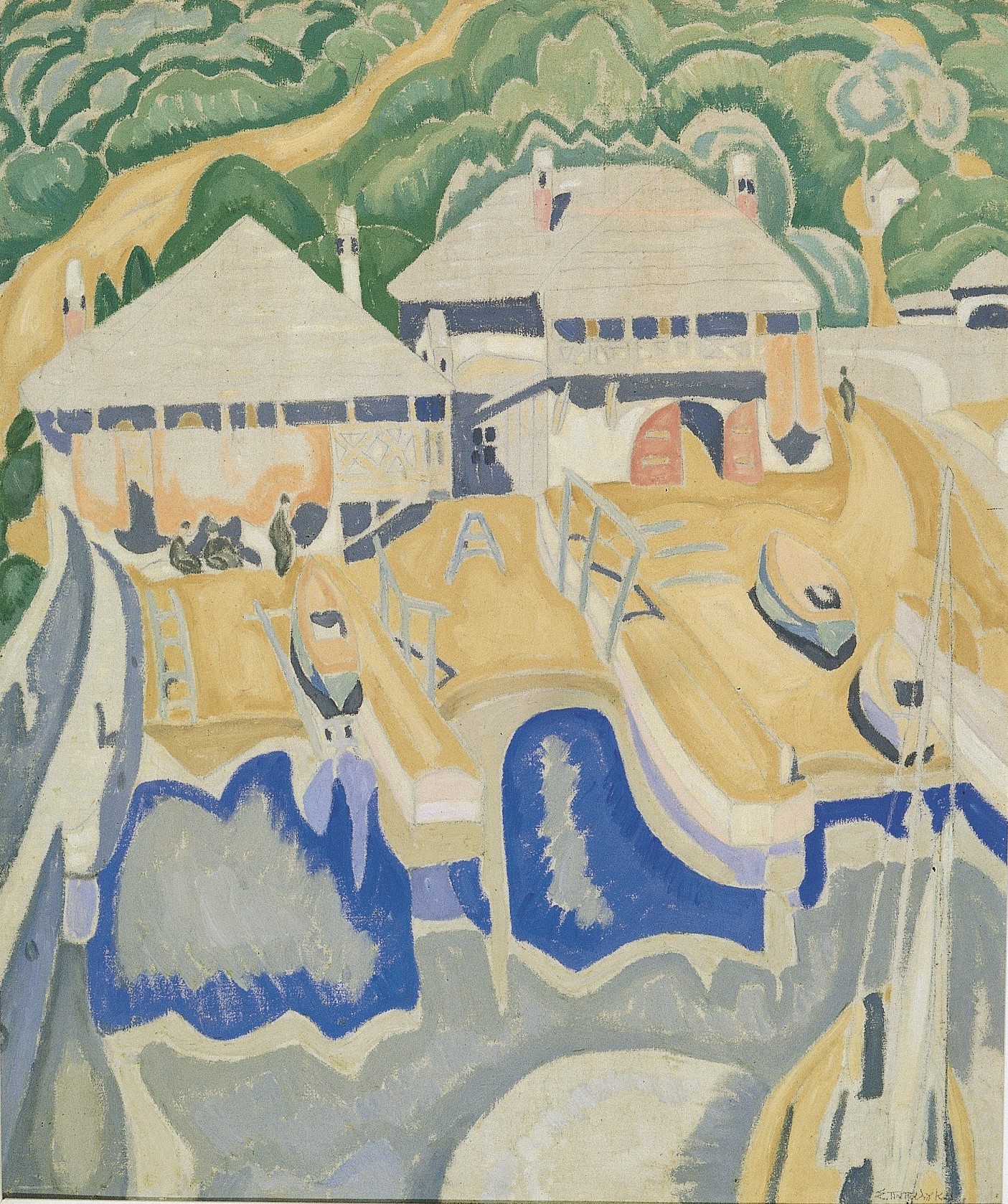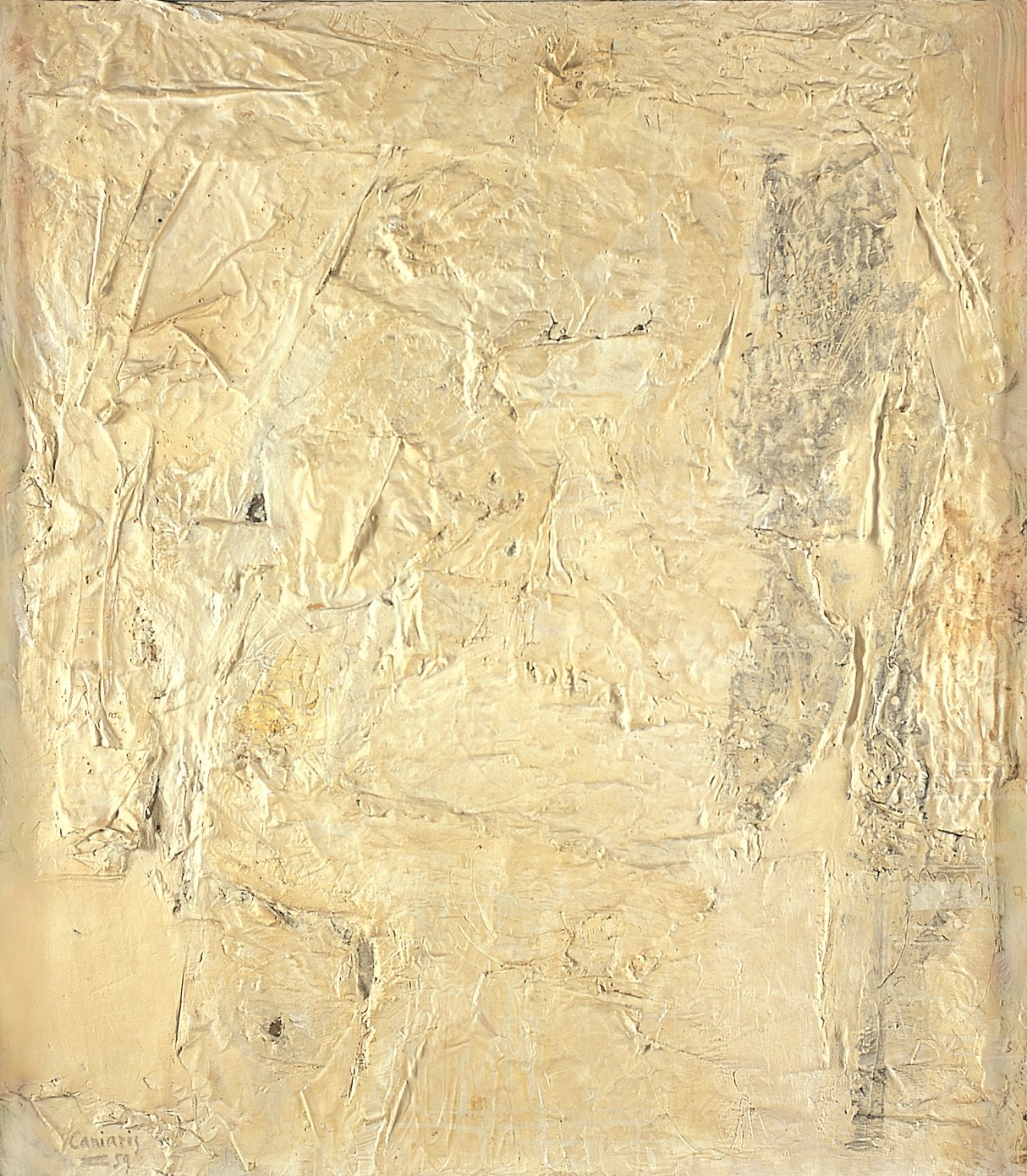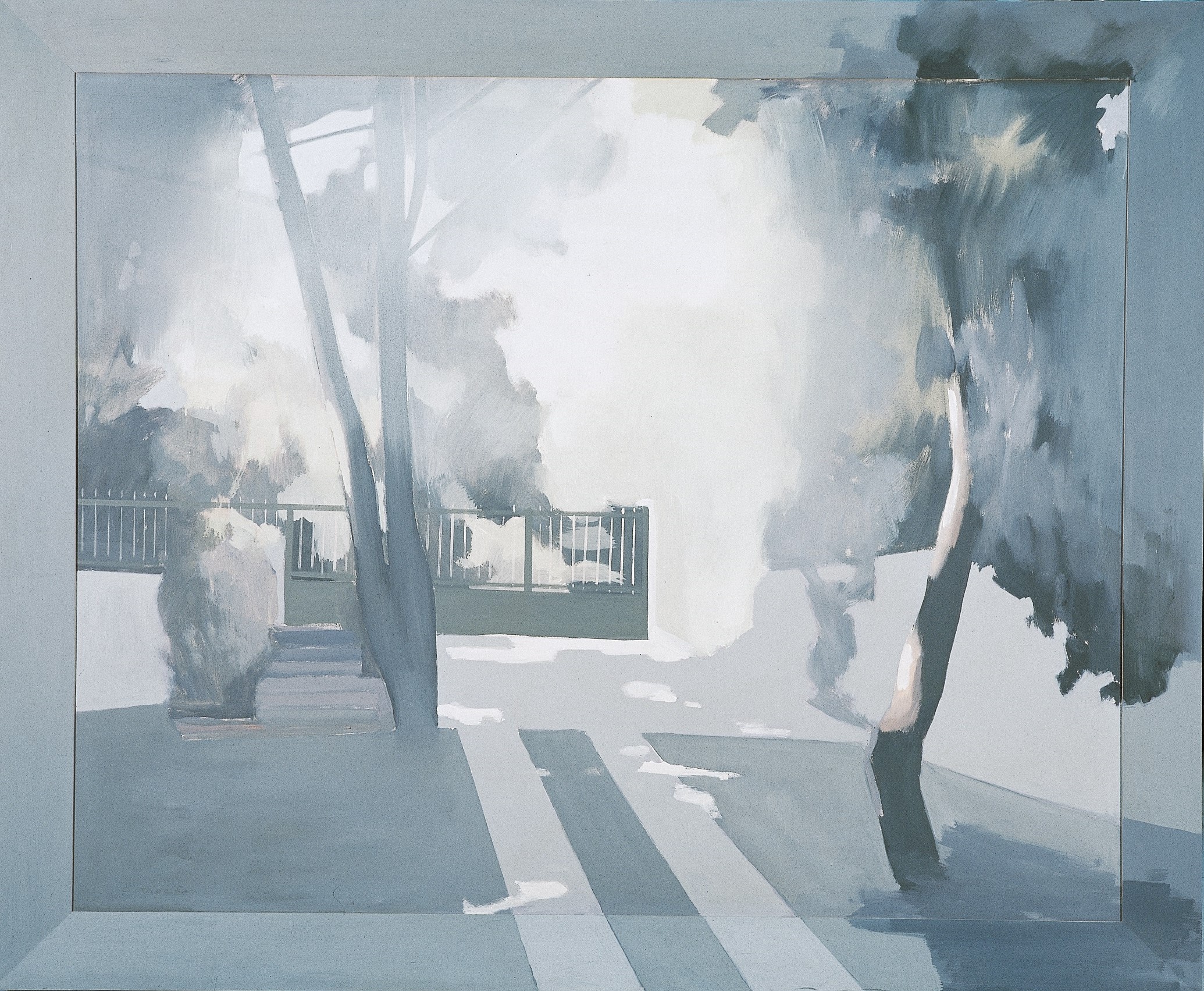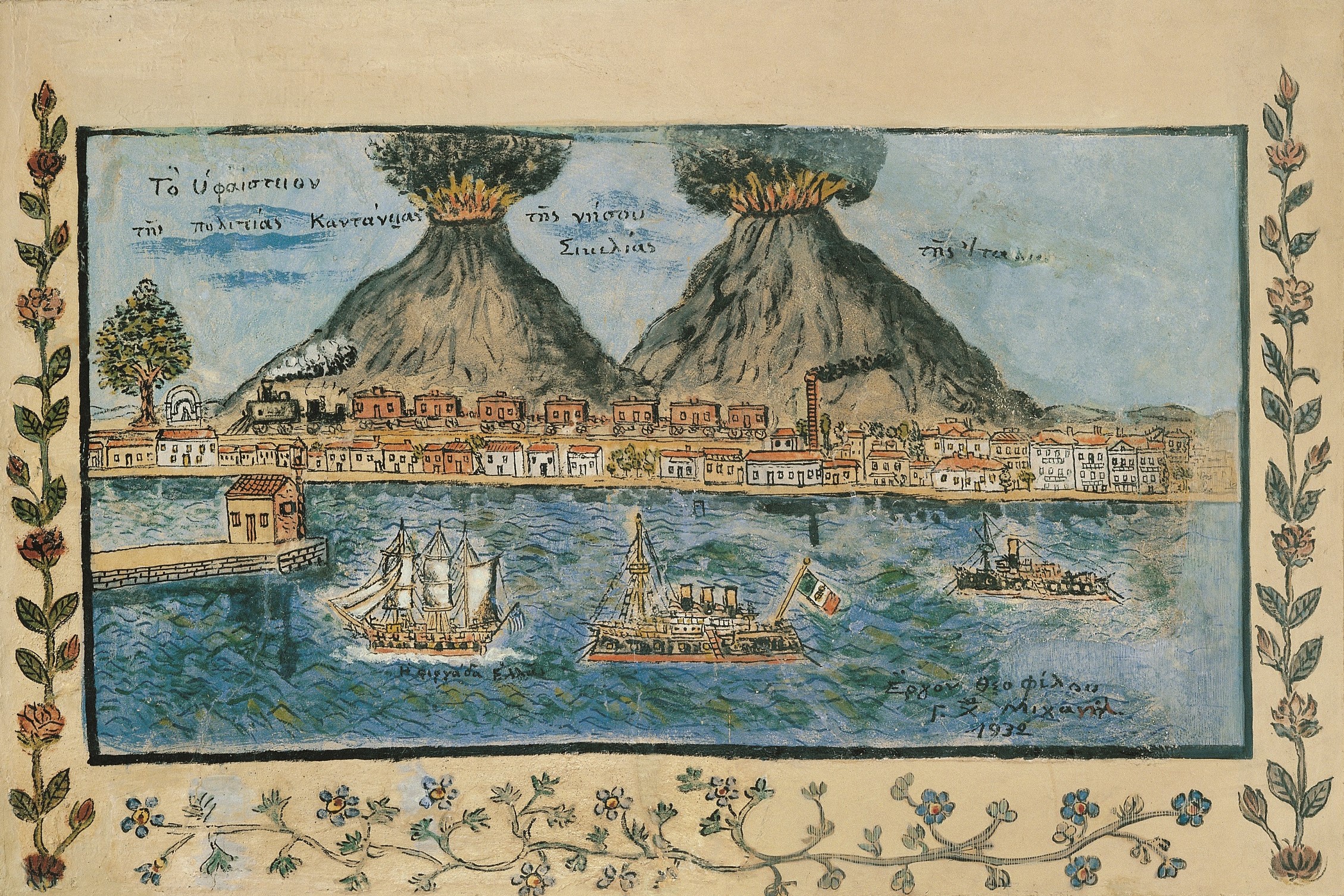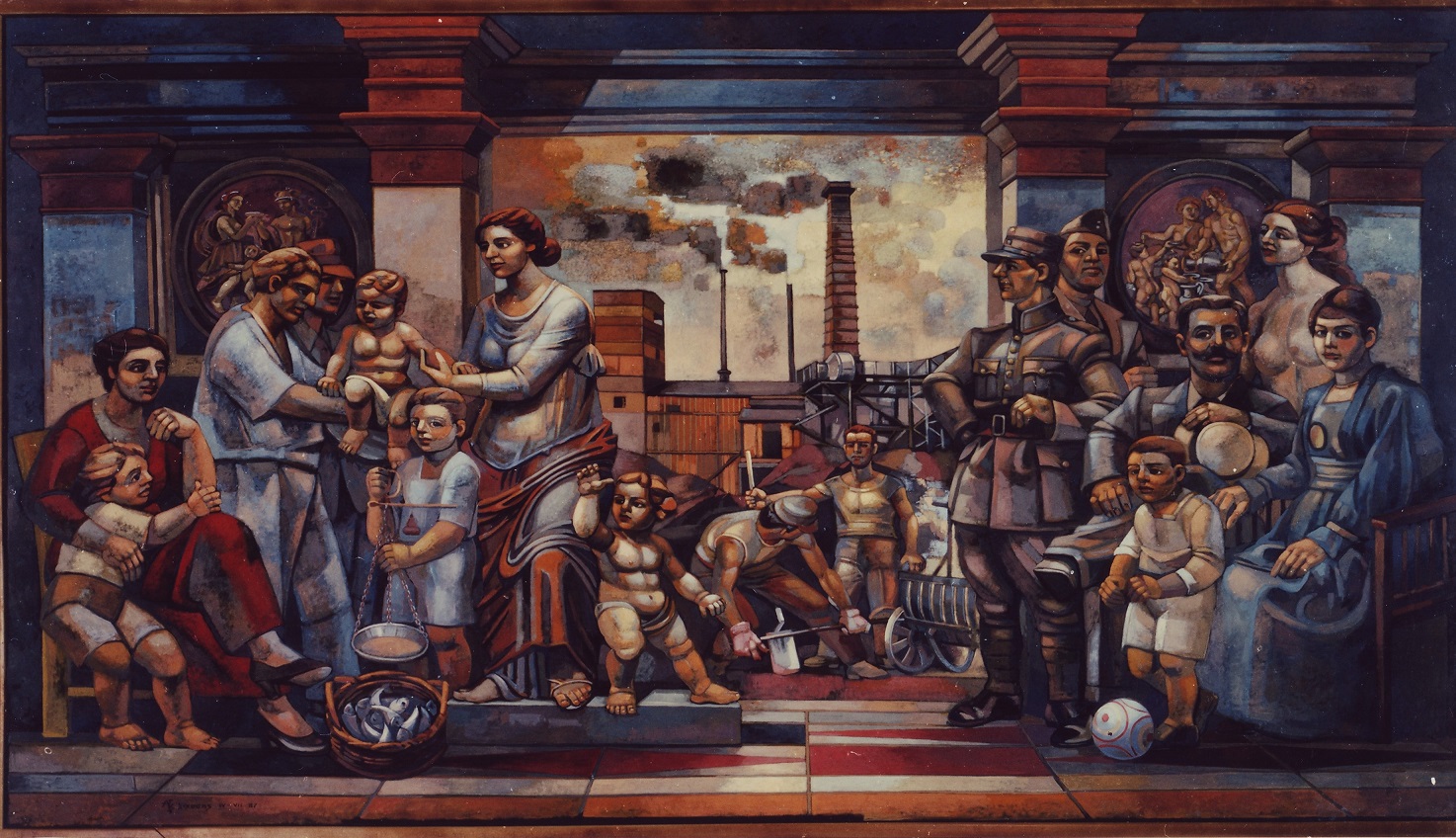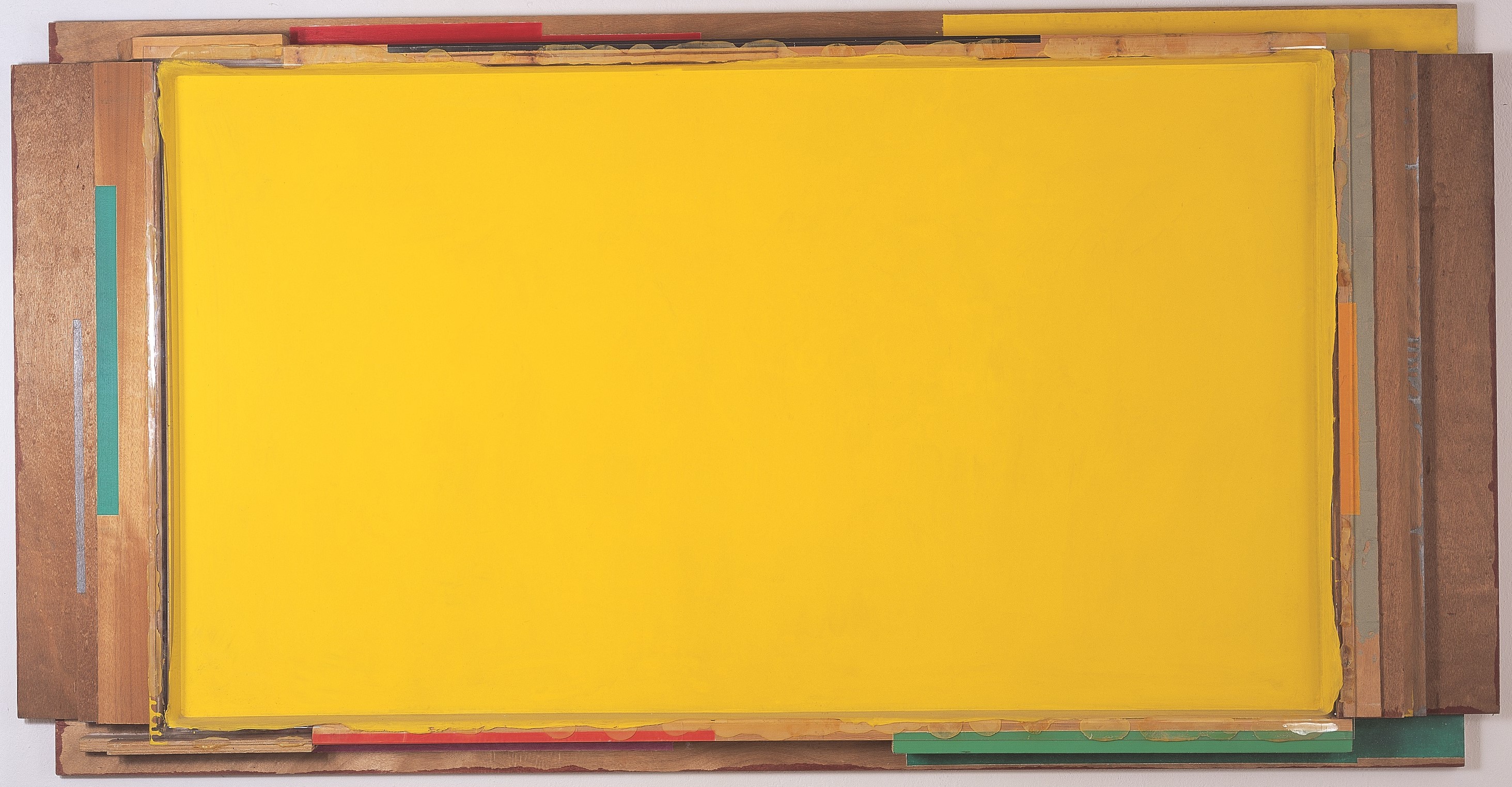Konstantinos Maleas, Lavrio
The work Lavrio depicts a representative landscape of Attica, the beach of Lavrio. A founding member of the progressive Techni (Art) Group, Konstantinos Maleas is considered one of the pioneers of modern art in Greece. In his painting, he successfully incorporated elements of post-impressionism to capture the quintessence of the Greek landscape.
A typical Greek landscape
The painting Lavrio by Konstantinos Maleas is regarded as one of the masterpieces of modern Greek Art in the 1st quarter of the 20th century. The work depicts the beach of Lavrio. To capture this typical landscape of Attica, Maleas used almost exclusively curvilinear shapes with bold outlines. This way, he added a strong decorative stylisation to the painting.
The composition is divided into 3 parts: land, sea, sky. Warm and cold colours alternate rhythmically and daringly on the shallow, flat surfaces, devoid of any trace of perspective.
The artistic means Maleas used are plain, with no particular descriptive details. Despite this, he managed to infuse lyricism and a unique sensuality in the composition.
Influenced by modernist movements
Konstantinos Maleas’ influences from the modernist artistic movements that followed impressionism, such as symbolism and the post-impressionism of the Nabis group, are evident in Lavrio.
However, both in this painting and throughout his work, Maleas used their principles in a fruitful way and adapted them to his personal idiom. His intention was to transcribe the quintessence of the Greek landscape, and particularly the interaction between form and light.
His life in a nutshell
Konstantinos Maleas (1879-1928) was born and raised in Istanbul. He studied Architecture at the Phanar Greek Orthodox College. From 1901 to 1908 he lived in Paris, where he attended Painting classes at the École Nationale Supérieure des Arts Décoratifs, studying next to the neo-impressionist Henri Martin.
After returning to Istanbul, he travelled to Syria, Egypt and Lebanon, where he painted laboriously. In 1913 he was appointed chief engineer at the Municipality of Thessaloniki. In 1917 he moved to Athens, becoming a founding member of the progressive Techni (Art) Group. At the same time, he has active in the pioneering educational action of Glinos, Triantafyllidis and Delmouzos.
Artistic influences
Konstantinos Maleas was a reformer of Greek painting, a pioneer and representative of modern art in Greece.
His creative evolution was significantly influenced by:
- Post-impressionists Cézanne, Gaugin and Van Gogh
- The symbolists
- The fauvists
Favourite themes and artistic styles
Maleas mainly painted landscapes.
His pieces are dominated by:
- Pronounced shapes
- Clean hues
- Broad brushstrokes
The presence of outlines is very noticeable. The vivid, clear colours showcase and delineate the shapes in Maleas’ landscapes.
Konstantinos Maleas in the Alpha Bank Art Collection
The work Acropolis by Konstantinos Maleas is also part of our Art Collection.
The work of art in our publications
Lavrio by Konstantinos Maleas is referenced in the Alpha Bank publications:
- The Alpha Bank Collection. Paintings – Prints – Sculptures, edited by Irene Orati.
Buy the publication The Alpha Bank Collection. Paintings – Prints – Sculpture (only available in Greek) on the Alpha Bank e-shop. - The Alpha Bank Collection. Greek Art from 1920 until Today, edited by Irene Orati. The publication accompanied the same-titled exhibition.
Buy the publication The Alpha Bank Collection. Greek Art from 1920 until Today on the Alpha Bank e-shop.
In other literature
The painting Lavrio is also referenced in:
- A. Kotidis, Maleas, 2000
- Global Corporate Collections, 2015
- Techni Group 100 Years catalogue, 2017
The Alpha Bank Art Collection is not open to the public.
You can visit it by appointment. Contact us to book your visit.
